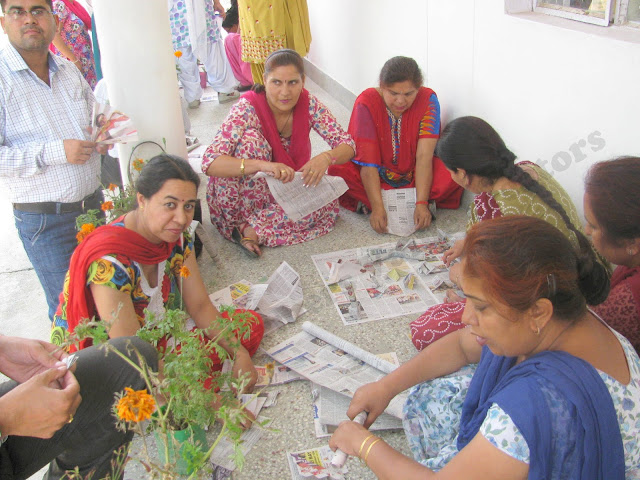Break The Chains: International Women’s Day with NXT Gen
Celebrating Women's Day is an
opportunity to appreciate the remarkable contribution of women to our society. This day is to honor the
life, grit and determination of women.
International
Women's Day (IWD), originally called International Working Women's Day, is
celebrated on March 8 every year. It is also known as the
United Nations (UN) Day for Women's Rights and International Peace. The day also marks a
call to action for accelerating gender parity.
An event was conducted to celebrate
this remarkable occasion with a group of girls of comparatively less privileged
section of the society at one of the most picturesque location of The City
Beautiful, Sukhna Lake.
They were involved in different simulative activities so as to provoke maximum self introspection, invoking
self confidence and help them connect with each other on the level of critical
and logical thinking, communicate their views and break through the barriers of
inhibition by performing some real daring activities in the public.
The day was blossomed in the spirit of
womanhood and these young women appreciated their persona as an individual
identity.
The most acknowledgeable part of this event was that it was
facilitated by young women from the elite group, who strongly felt that for
real Progress and Upliftment, we need to Empower Women from all facets of the
society.



















